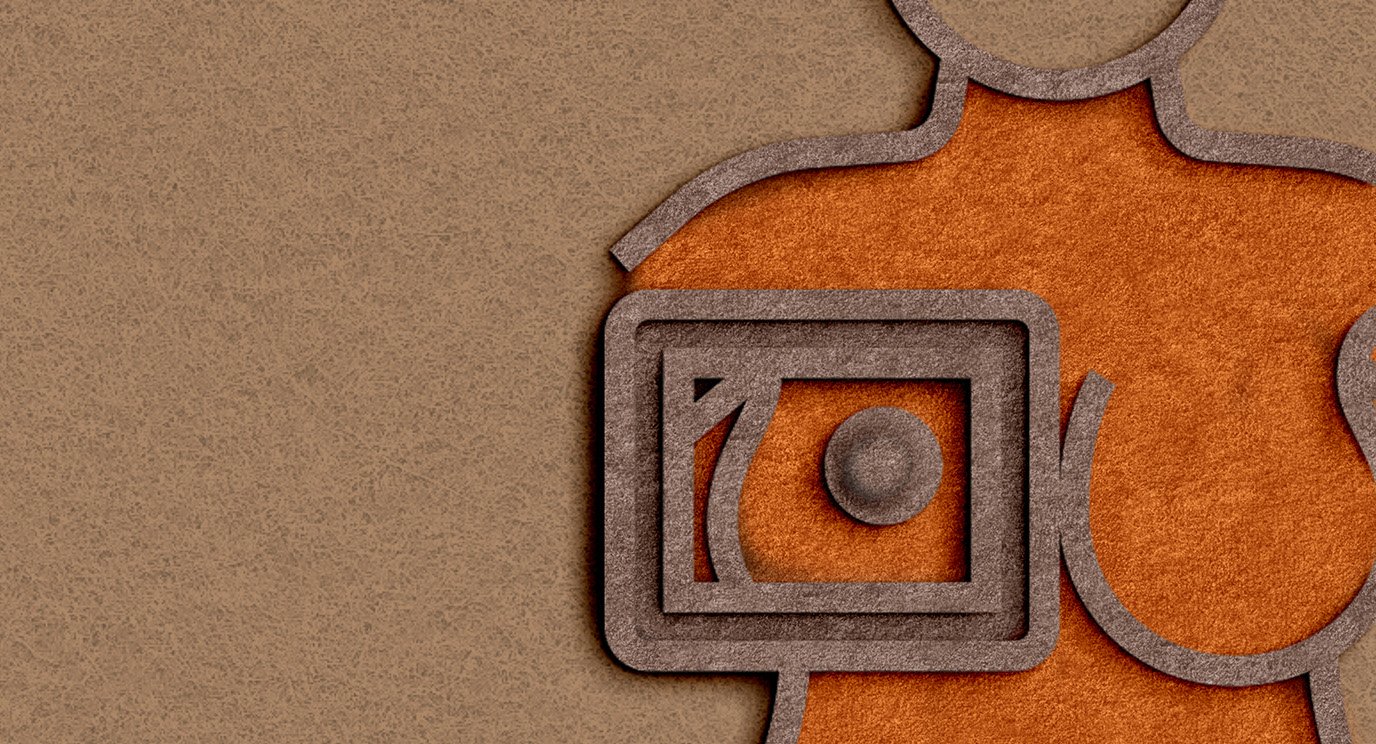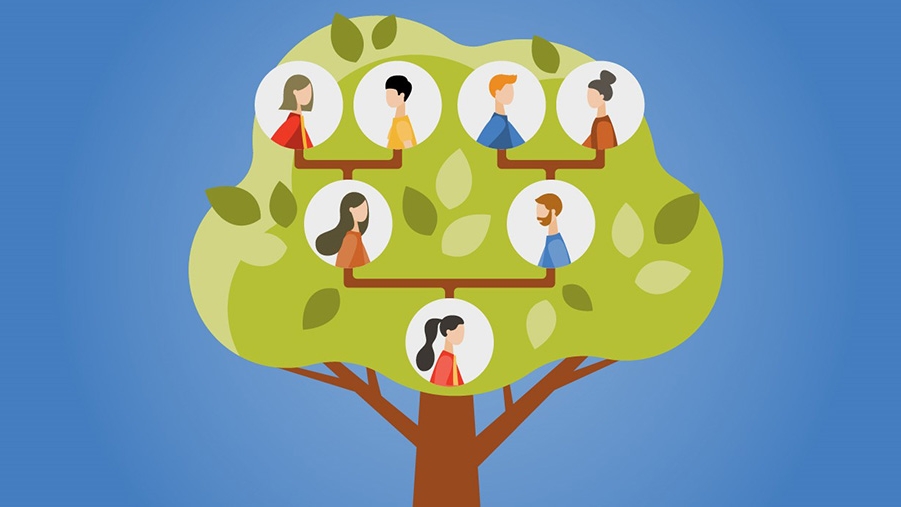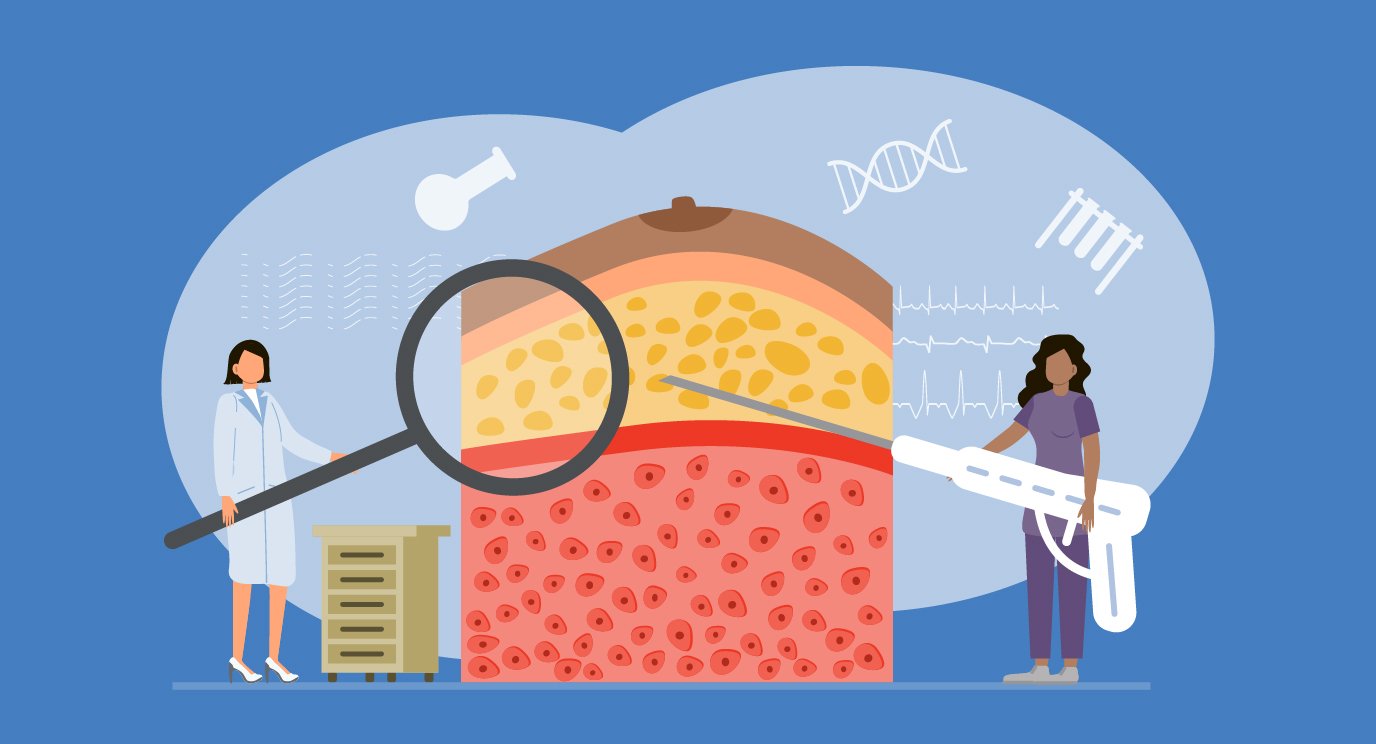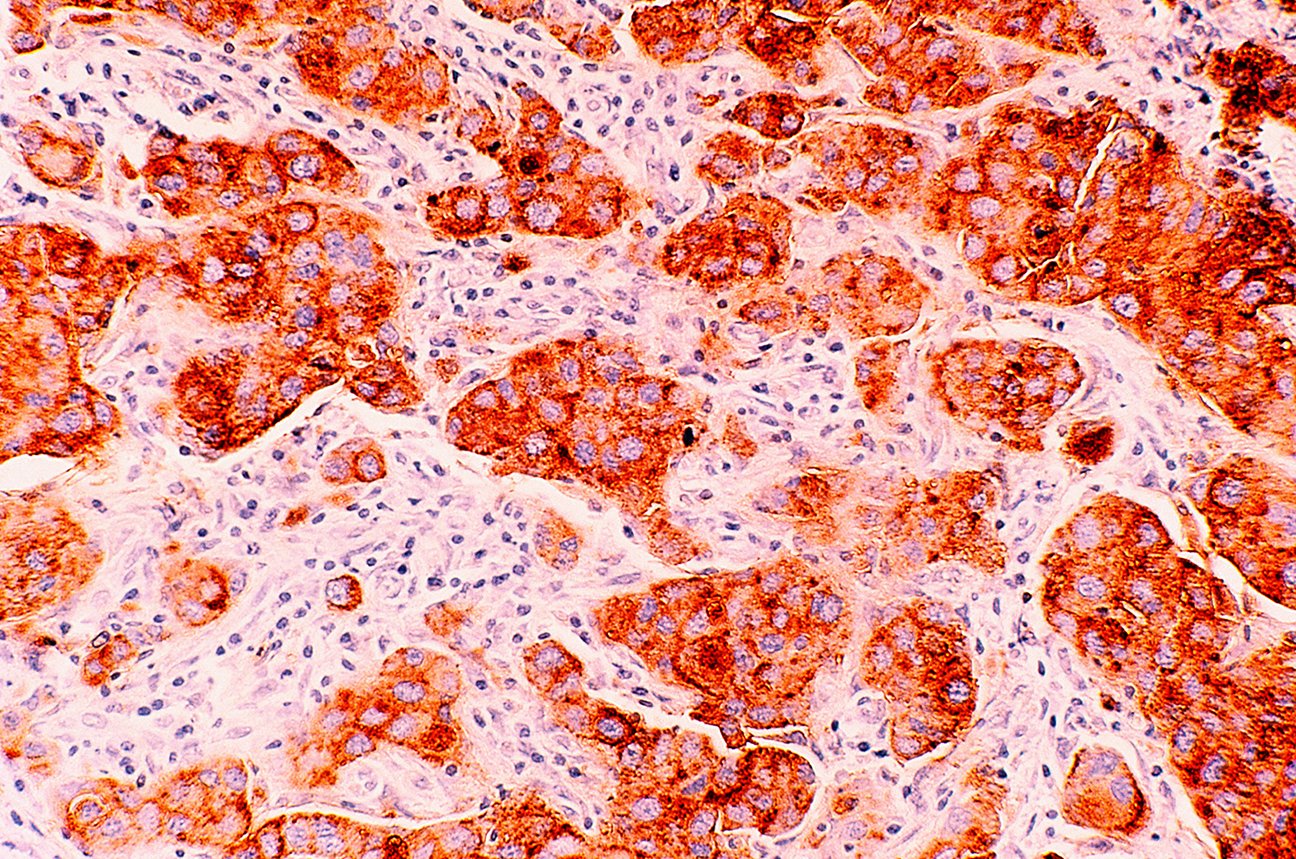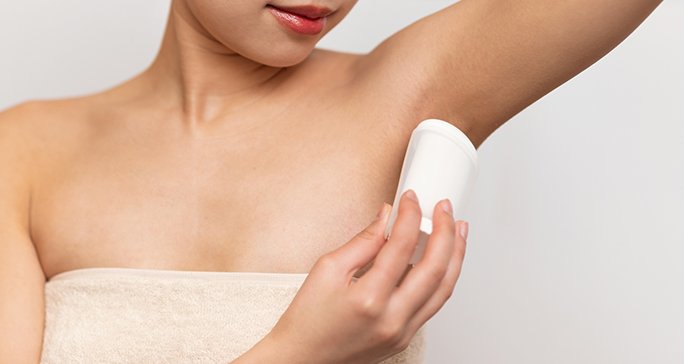- Diseases
- Acoustic Neuroma (14)
- Adrenal Gland Tumor (24)
- Anal Cancer (68)
- Anemia (2)
- Appendix Cancer (16)
- Bile Duct Cancer (26)
- Bladder Cancer (72)
- Brain Metastases (28)
- Brain Tumor (232)
- Breast Cancer (714)
- Breast Implant-Associated Anaplastic Large Cell Lymphoma (2)
- Cancer of Unknown Primary (4)
- Carcinoid Tumor (8)
- Cervical Cancer (158)
- Colon Cancer (166)
- Colorectal Cancer (116)
- Endocrine Tumor (4)
- Esophageal Cancer (44)
- Eye Cancer (36)
- Fallopian Tube Cancer (8)
- Germ Cell Tumor (4)
- Gestational Trophoblastic Disease (2)
- Head and Neck Cancer (12)
- Kidney Cancer (128)
- Leukemia (342)
- Liver Cancer (50)
- Lung Cancer (286)
- Lymphoma (278)
- Mesothelioma (14)
- Metastasis (30)
- Multiple Myeloma (100)
- Myelodysplastic Syndrome (60)
- Myeloproliferative Neoplasm (4)
- Neuroendocrine Tumors (16)
- Oral Cancer (100)
- Ovarian Cancer (172)
- Pancreatic Cancer (160)
- Parathyroid Disease (2)
- Penile Cancer (14)
- Pituitary Tumor (6)
- Prostate Cancer (146)
- Rectal Cancer (58)
- Renal Medullary Carcinoma (6)
- Salivary Gland Cancer (14)
- Sarcoma (238)
- Skin Cancer (296)
- Skull Base Tumors (56)
- Spinal Tumor (12)
- Stomach Cancer (64)
- Testicular Cancer (28)
- Throat Cancer (92)
- Thymoma (6)
- Thyroid Cancer (96)
- Tonsil Cancer (30)
- Uterine Cancer (80)
- Vaginal Cancer (16)
- Vulvar Cancer (20)
- Cancer Topic
- Adolescent and Young Adult Cancer Issues (20)
- Advance Care Planning (10)
- Biostatistics (2)
- Blood Donation (18)
- Bone Health (8)
- COVID-19 (362)
- Cancer Recurrence (120)
- Childhood Cancer Issues (120)
- Clinical Trials (630)
- Complementary Integrative Medicine (20)
- Cytogenetics (2)
- DNA Methylation (4)
- Diagnosis (232)
- Epigenetics (6)
- Fertility (62)
- Follow-up Guidelines (2)
- Health Disparities (14)
- Hereditary Cancer Syndromes (126)
- Immunology (18)
- Li-Fraumeni Syndrome (8)
- Mental Health (116)
- Molecular Diagnostics (8)
- Pain Management (62)
- Palliative Care (8)
- Pathology (10)
- Physical Therapy (18)
- Pregnancy (18)
- Prevention (916)
- Research (390)
- Second Opinion (74)
- Sexuality (16)
- Side Effects (604)
- Sleep Disorders (10)
- Stem Cell Transplantation Cellular Therapy (216)
- Support (402)
- Survivorship (320)
- Symptoms (182)
- Treatment (1786)
Triple-negative breast cancer survivor faces diagnosis with trust, joy and positivity
5 minute read | Published November 08, 2023
Medically Reviewed | Last reviewed by an MD Anderson Cancer Center medical professional on November 08, 2023
In May 2021, Najaah Murray noticed a lump on her left breast. At 39, she was younger than the recommended age for breast cancer screening, but she made an appointment to get a mammogram at a local health care center. After a biopsy, staff from the center called Najaah with her diagnosis: stage IIIB triple-negative breast cancer.
She was referred to a local oncologist but was having difficulty scheduling an appointment.
“A friend asked me why I didn’t just go to MD Anderson,” says Najaah. “It clicked. MD Anderson is right here, and it’s the best cancer hospital. I filled out a form online, and they called me right away.”
She had an appointment the next day.
“I felt like they took my breast cancer diagnosis as seriously as I did,” she recalls. “From there, MD Anderson was the obvious choice for my cancer treatment.”
Instant connection with her MD Anderson care team
Najaah received her care at MD Anderson West Houston, which was close to her home in Cypress, Texas. She felt an immediate connection to her care team and everyone she met – from the greeters to the staff checking in patients.
Najaah and breast medical oncologist Ajit Bisen, M.D., shared similar interests, like kickboxing, and she liked his high energy.
Najaah says her breast radiation oncologist Melissa Joyner, M.D., was very down to earth.
“I used to train Dr. Joyner’s nurse, Essence, at my gym years ago,” says Najaah. “Since I already knew Essence, I felt very comfortable in her care.”
Najaah appreciated what she calls occupational therapist Camiella Esaklul’s “super high-energy.”
“Every visit to the West Houston campus was a pleasant one,” says Najaah. “The fact that I felt comfortable with everyone let me know I was in the right place.”
Treatment for triple-negative breast cancer
Najaah enrolled in the ARTEMIS clinical trial in which doctors monitored her response to chemotherapy treatment to see if it would decrease the size of her tumor. If not, she would receive targeted therapy based on her tumor profile. Najaah began four rounds of the chemotherapy drugs doxorubicin cyclophosphamide. When this combination didn’t shrink the tumor enough, Dr. Bisen added paclitaxel and panitumumab to her chemotherapy regimen. In total, she completed 20 rounds of treatment.
After discussing her options with breast surgical oncologist Catherine Akay, M.D., Najaah decided to have a double mastectomy.
“I didn’t want to risk the chance of cancer developing on the other side later in life,” she says.
Najaah was advised by her breast surgery team to get surgery on one breast at a time. In November 2021, Akay performed a total mastectomy with a sentinel lymph node biopsy.
Najaah also enrolled in the SAPHIRe clinical trial, in which she was randomized to receive the standard six weeks of radiation therapy and monitored for side effects and recurrence.
In October 2022, Akay performed a prophylactic skin-sparing mastectomy on the other breast while plastic surgeon Margaret Roubaud, M.D., completed a DIEP flap reconstruction of both breasts. Roubaud used tissue from Najaah’s stomach to recreate her breasts.
“The symmetry, shape and form of my breast is wonderful,” says Najaah. “I’m very pleased.”
Managing side effects from breast cancer treatment
During chemotherapy, Najaah experienced nausea, fatigue and weight loss.
She knew she’d lose her hair. So, to get ahead of things, Najaah got a tattooed powder eyebrow treatment, learned how to apply eyelashes and visited a barber to get all of her hair cut off.
“When I looked in the mirror, I wanted to be able to hype myself up,” she says. “I still wanted to be cute and dress up.”
After receiving so many compliments on her haircut, Najaah decided to use her diagnosis as an inspiration to others.
“I wanted to go through this being as positive and joyful as possible, just in case somebody I knew or came across was in a similar situation,” she says.
Najaah had always lived an active lifestyle, and she continued walking five miles each day during treatment. To manage her fatigue, she took several breaks to rest and walked at a slower pace.
“The worst side effect I experienced was super dry skin – on my hands, face, everywhere,” she says. “I made sure to use plenty of vitamin E and shea butter.”
Creating the life she wants – now
Najaah’s cancer diagnosis helped her realize she needed to create the life she wanted now.
“I’d always put off travel, but now I travel all the time,” she says. “I even helped my cousins expand their travel agency by opening an office in Texas.”
Everything she does now is intentional.
“I’m more connected with my family, and we have family game night every weekend,” she says. “I teach my son things he’ll need throughout his life. I don’t take anything for granted.”
For Najaah, it’s all about perspective.
“I was always a positive person, but cancer made me realize how bright my light really is,” she says. “You have to live your life with purpose and keep it moving.”
Encouraging Black women to take control of their health
Najaah knows that Black women face a higher risk of getting triple-negative breast cancer, so she encourages Black women to advocate for themselves and make their health a priority.
“I know so many Black women who are afraid to get a mammogram. Maybe they’ve had pain or felt a lump in their breast, but they’re afraid to make an appointment,” she says. “You never want to hear from a doctor, ‘We could have helped you, but now we can’t because x, y or z has happened.’ Have the courage to get checked out, follow up on those appointments and speak up for yourself.”
Today, Najaah is cancer-free, and says she feels amazing. She comes to MD Anderson for checkups every six months.
“I feel light, refreshed and stress-free,” she says. “But I pay attention to my body, so if I feel or see anything abnormal, I’m the first to jump on it.”
Najaah has been volunteering with MD Anderson’s Patient and Family Advisor Program for almost a year.
“I want to connect with and help patients because MD Anderson has done so much to help me,” she says. “I want to be a resource for people who are ready to take on this journey.”
Request an appointment at MD Anderson online or by calling 1-833-674-2363.

Cancer made me realize how bright my light really is.
Najaah Murray
Survivor


